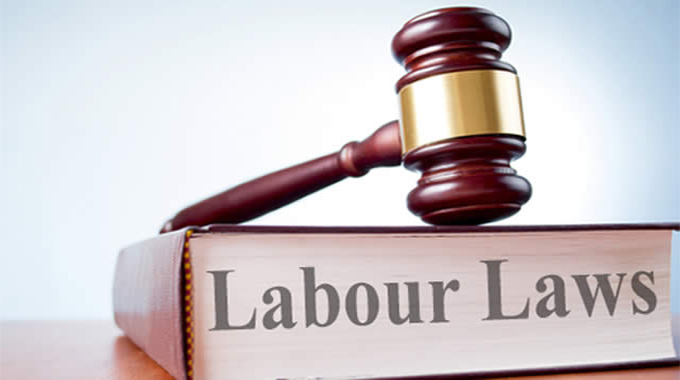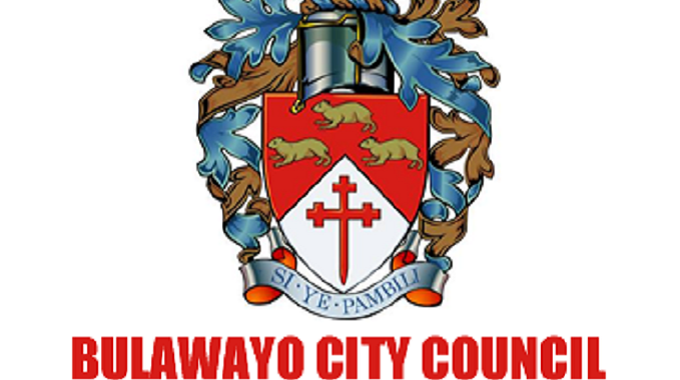Nothing illegal about managerial workers’ committee

Davies Ndumiso Sibanda, Labour matters
MANY employers are afraid of managerial workers’ committees and others have been known to frustrate workers who dare form a managerial workers’ committee. In the case of First Mutual Life Assurance Vs Muzivi-SC 62/2003 where managerial employees had formed a managerial workers’ committee, the employer responded by demoting all interim managerial workers committee members when the workers went on collective job action in defence of the existence of the workers’ committee the employer was found to have been in the wrong.
The Supreme Court said: “On this basis the appellant’s submission that the managerial workers’ committee was, I will now turn to the issue of whether the collective job action was in defence of immediate threats to a workers’ committee.
When the appellant was advised of the formation of the management workers committee it disputed the eligibility for appointment of some of the members of the interim executive committee on the basis that the members were not managerial employees.
The appellant as previously stated, referred this dispute to the labour relations officer. The labour relations officer correctly referred the matter to the labour tribunal but erroneously suspended the activities of the interim executive committee.
Before the matter was resolved by the labour tribunal the appellant embarked on a restructuring exercise whose net effect was to render members of the interim executive of the managerial workers’ committee, non-managerial employees.
The direct consequence of the appellant’s conduct in this regard was to abolish the managerial workers’ committee by rendering all its members disqualified for appointment or election to that workers’ committee.
This conduct of the appellant is more than a threat to the managerial workers’ committee. It is an actual and direct attack on the existence of the managerial workers’ committee.
It is quite apparent from this conduct and the subsequent conduct of the appellant that it wished to prevent the formation of the management workers’ committee. It is difficult to imagine a greater and more imminent threat to the managerial workers’ committee than this”.
There are many employers who are opposed to the formation of a managerial workers’ committee to an extent that workers are given veiled threats to abandon the idea and in worse cases the workers are dismissed or retrenched over unclear circumstances.
Section 23 of the Labour Act Chapter 28:01 allows managerial employees to form their workers’ committee to represent their interests before management. There is nothing illegal about that.
When managerial employees form workers’ committees they will be trying to fill gaps related to their rights, which senior management and boards will have failed to address.
In the majority of cases, where managerial workers collectivise and form a managerial workers’ committee or a managerial trade union is a sign that the board of directors or executive management is weak when it comes to human capital management skills.
At times, it is a response to the arrogance of the board and executive managerial employees’ issues, especially conditions of service matters. There are cases where employers have extended wage increases negotiated by non-managerial employees to managerial employees or cases where non-managerial employees’ salaries are increased and managerial salaries remain stagnant or are reduced. All these will drive managerial employees to collectivise.
There are cases where middle managers and supervisors are denied a means of communicating with senior management on matters of rights and interests resulting them collectivising so as to create a platform to be heard.
I have also seen cases where organisations have no policies and procedures to help look after managerial employees or where the policies and procedures are in place, they are weak and insensitive to managerial employees’ expectations thus leading managerial employees to collectivise.
In worse cases, the board of directors is made of individuals who have no management or business acumen or individuals who are overwhelmed by being made board members.
These are people who have never occupied executive management positions and are not in touch with what is happening outside.
These individuals tend to reject anything progressive or important to managerial employees resulting in conflict and managerial employees collectivising.
In organisations with solid policies and procedures, effective human resources board charter, competent board members and executive management who employ best practices, the likelihood of managerial employees collectivising is low and even where they collectivise the committee will add value to the business as management will engage the leadership in a professional manner.
In conclusion, board members and executive management need to be properly trained in handling labour relations involving managerial employees.
λ Davies Ndumiso Sibanda can be contacted on: email: [email protected]








Comments